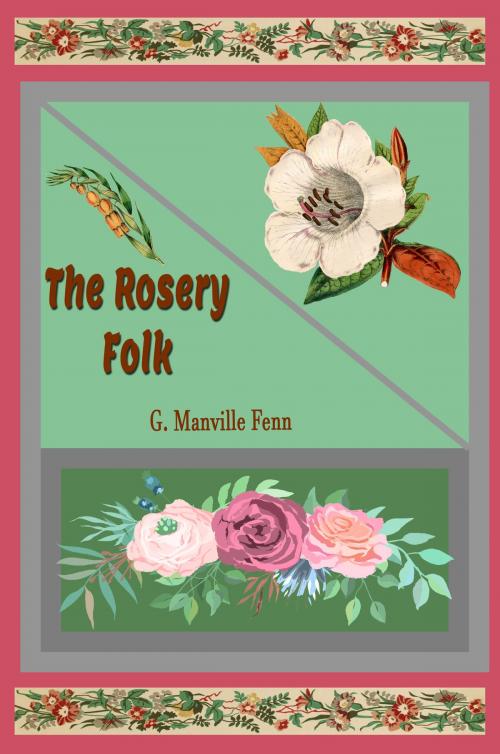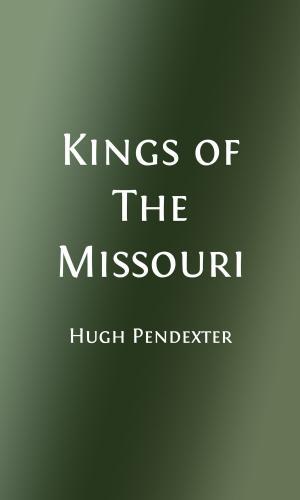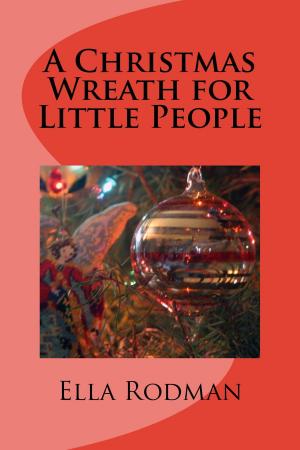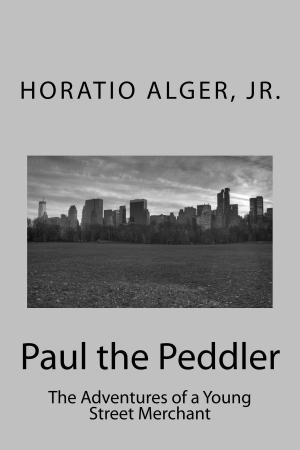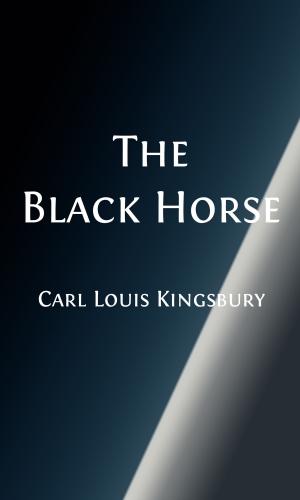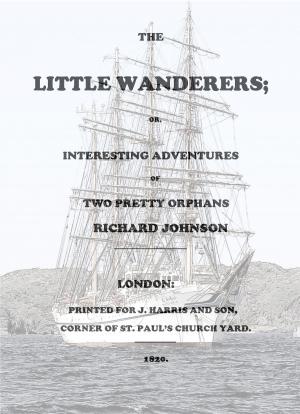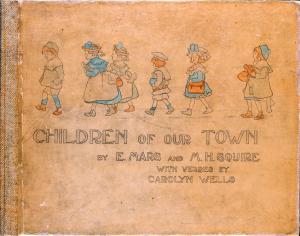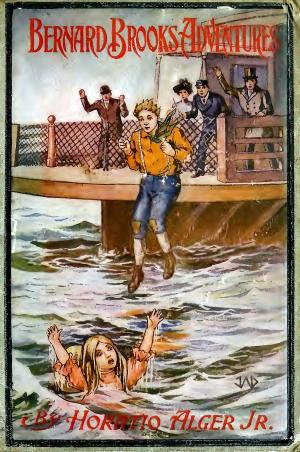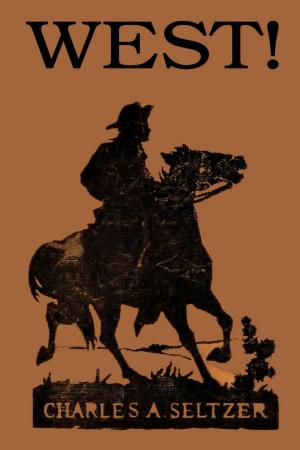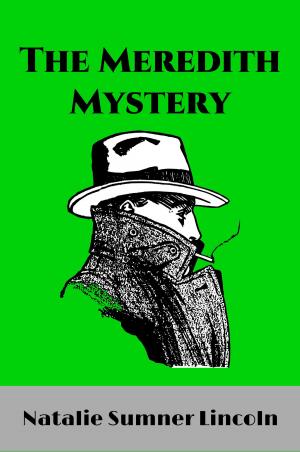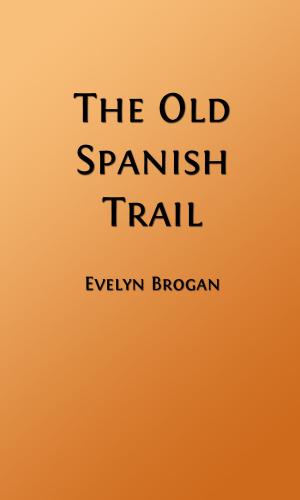| Author: | George Manville Fenn | ISBN: | 1230002986470 |
| Publisher: | Steve Gabany | Publication: | December 11, 2018 |
| Imprint: | Language: | English |
| Author: | George Manville Fenn |
| ISBN: | 1230002986470 |
| Publisher: | Steve Gabany |
| Publication: | December 11, 2018 |
| Imprint: | |
| Language: | English |
In The Rosery Folk there is literally no plot; and the single incident on which the interest is supposed to turn is of the slightest to say nothing of its improbability. The Folks fall in love or out of it, on the smallest provocation, or none at all; and the virtue of the lady of the Rosery is most gratuitously misunderstood and impeached to throw a false glamour of interest over the dénouement. The best of the characters in The Rowsery Folk is Brother William, the blunt and stalwart brother of a feather-brained waiting maid of Lady Scarlett's who is nearly brought to ruin herself in a flirtation that well-nigh compromises her ill-used mistress. Brother William's characteristic courtship with Martha Betts, the most stolid of housemaids, is really a clever piece of humorous writing, and his behaviour, when he overtakes the scoundrel who has persuaded his pretty sister to elope, does credit to the honest sagacity of an eminently practical rustic.
George Manville Fenn (3 January 1831, Pimlico – 26 August 1909, Isleworth) was a prolific English novelist, journalist, editor and educationalist. Many of his novels were written for young adults. His final book was a biography of his fellow writer for juveniles, George Alfred Henty.
In 1855, he married Susanna Leake; they had two sons and six daughters. Fenn's first story for boys, Hollowdell Grange, appeared in 1867. It was followed by a long list of other novels for juveniles and adults. Having become editor of Cassell's Magazine in 1870, he purchased Once a Week and edited it until it closed in 1879. He also wrote for the theatre. Fenn and his family lived at Syon Lodge, Isleworth, Middlesex, where he built up a library of 25,000 volumes and took up telescope making.
In The Rosery Folk there is literally no plot; and the single incident on which the interest is supposed to turn is of the slightest to say nothing of its improbability. The Folks fall in love or out of it, on the smallest provocation, or none at all; and the virtue of the lady of the Rosery is most gratuitously misunderstood and impeached to throw a false glamour of interest over the dénouement. The best of the characters in The Rowsery Folk is Brother William, the blunt and stalwart brother of a feather-brained waiting maid of Lady Scarlett's who is nearly brought to ruin herself in a flirtation that well-nigh compromises her ill-used mistress. Brother William's characteristic courtship with Martha Betts, the most stolid of housemaids, is really a clever piece of humorous writing, and his behaviour, when he overtakes the scoundrel who has persuaded his pretty sister to elope, does credit to the honest sagacity of an eminently practical rustic.
George Manville Fenn (3 January 1831, Pimlico – 26 August 1909, Isleworth) was a prolific English novelist, journalist, editor and educationalist. Many of his novels were written for young adults. His final book was a biography of his fellow writer for juveniles, George Alfred Henty.
In 1855, he married Susanna Leake; they had two sons and six daughters. Fenn's first story for boys, Hollowdell Grange, appeared in 1867. It was followed by a long list of other novels for juveniles and adults. Having become editor of Cassell's Magazine in 1870, he purchased Once a Week and edited it until it closed in 1879. He also wrote for the theatre. Fenn and his family lived at Syon Lodge, Isleworth, Middlesex, where he built up a library of 25,000 volumes and took up telescope making.
